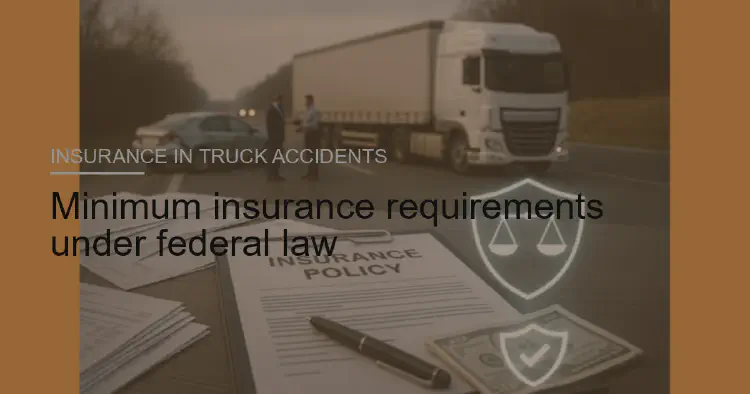
Minimum insurance requirements under federal law
To ensure that victims of truck accidents can be compensated for damages, federal law mandates minimum levels of insurance coverage for all commercial carriers engaged in interstate commerce.

To ensure that victims of truck accidents can be compensated for damages, federal law mandates minimum levels of insurance coverage for all commercial carriers engaged in interstate commerce.
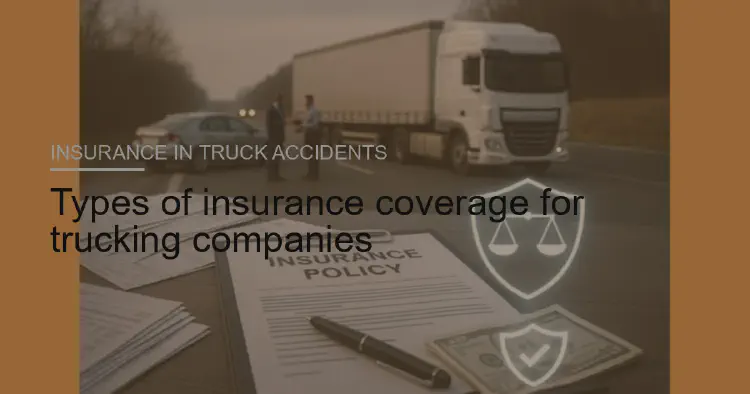
Because of the high risks and potential damages associated with commercial trucking, companies are required to carry specialized insurance policies. These cover not only the trucks themselves but also the wide range of liabilities that can arise after an accident.
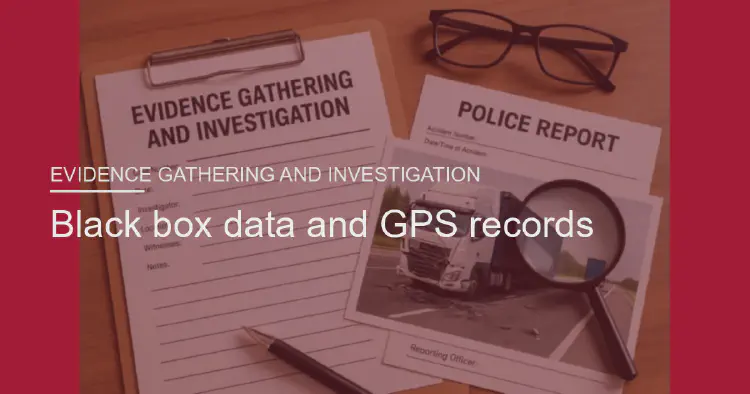
Modern commercial trucks are equipped with electronic systems that record vital operational data. Known as 'black boxes' or Event Data Recorders (EDRs), along with GPS trackers, these devices provide crucial insights into what happened before and during a crash.
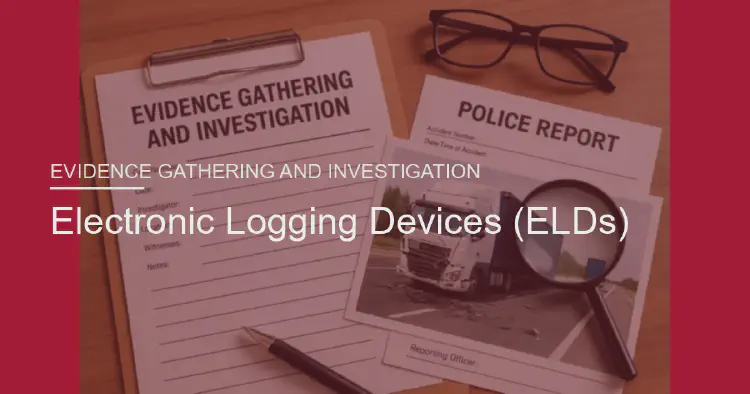
Electronic Logging Devices (ELDs) are mandatory tools in the U.S. trucking industry designed to improve compliance with Hours of Service (HOS) rules. They play a crucial role in accident investigations by providing objective data on driver activity.
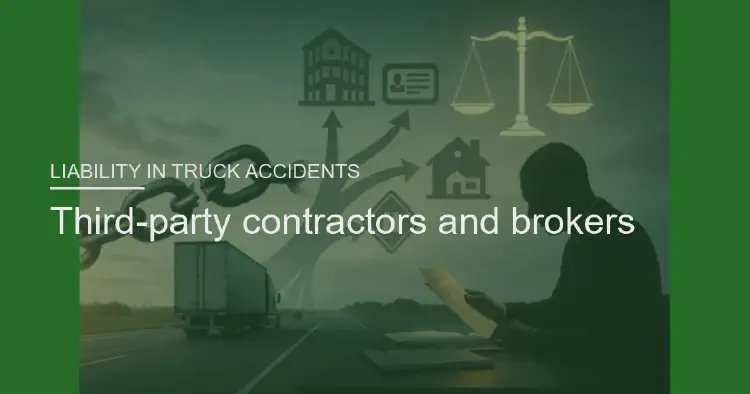
The trucking industry often relies on a web of third parties, including contractors and freight brokers. When these entities play a role in unsafe practices or negligent decisions, they too may be held liable in truck accident cases.
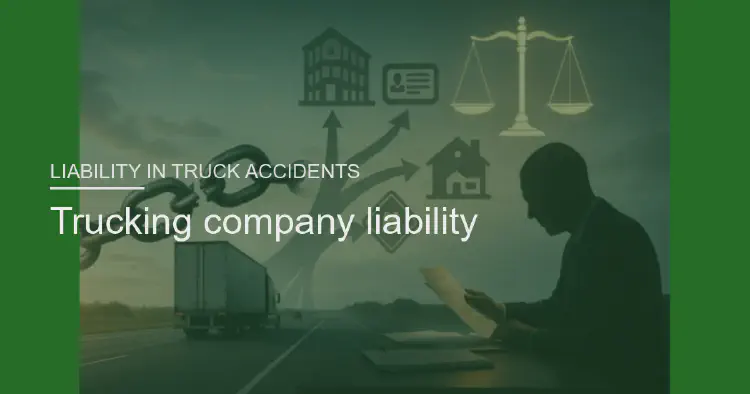
While truck drivers are often the immediate cause of accidents, trucking companies themselves can also be held legally responsible. Their policies, oversight, and compliance with safety regulations play a central role in accident prevention.